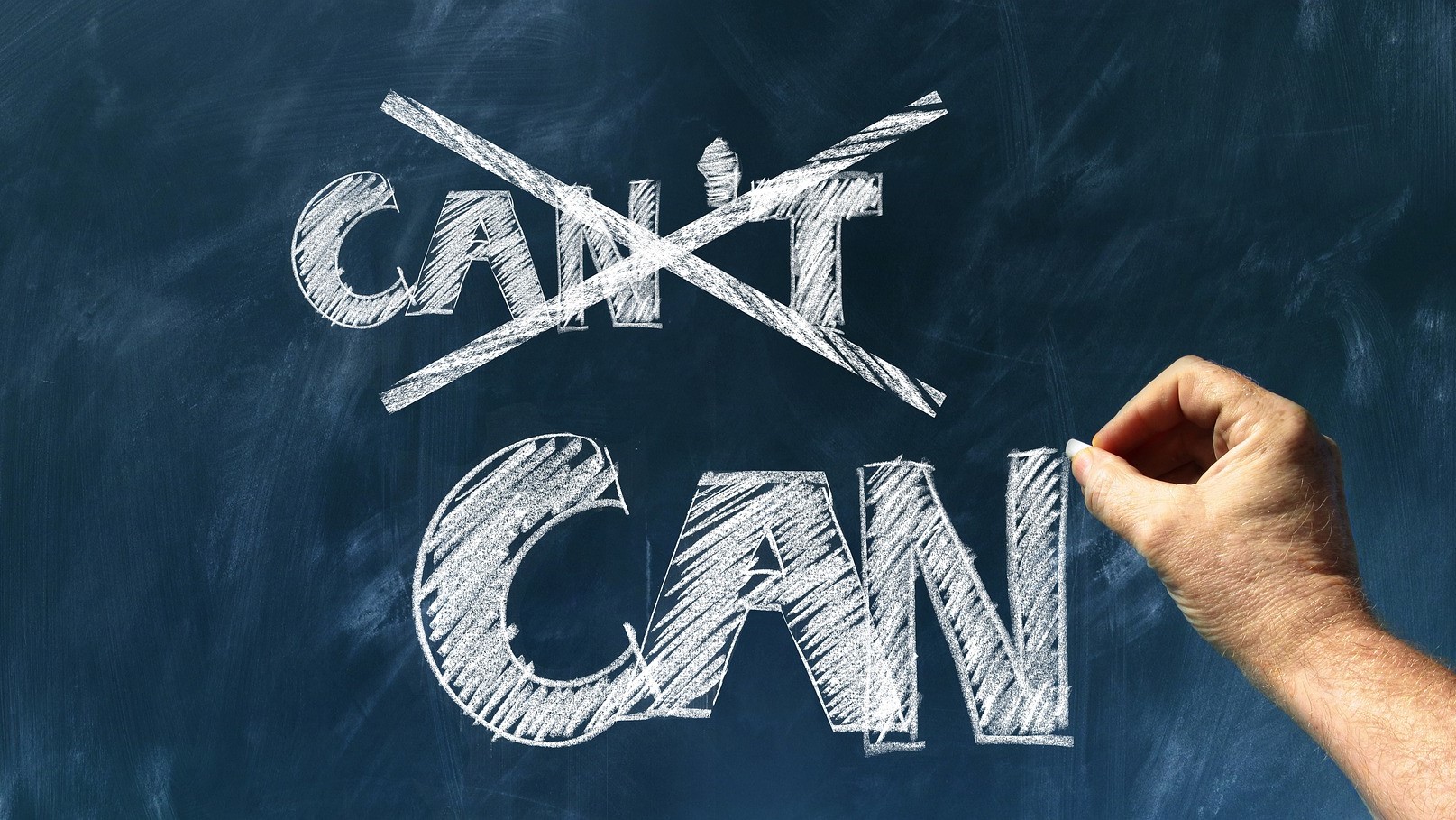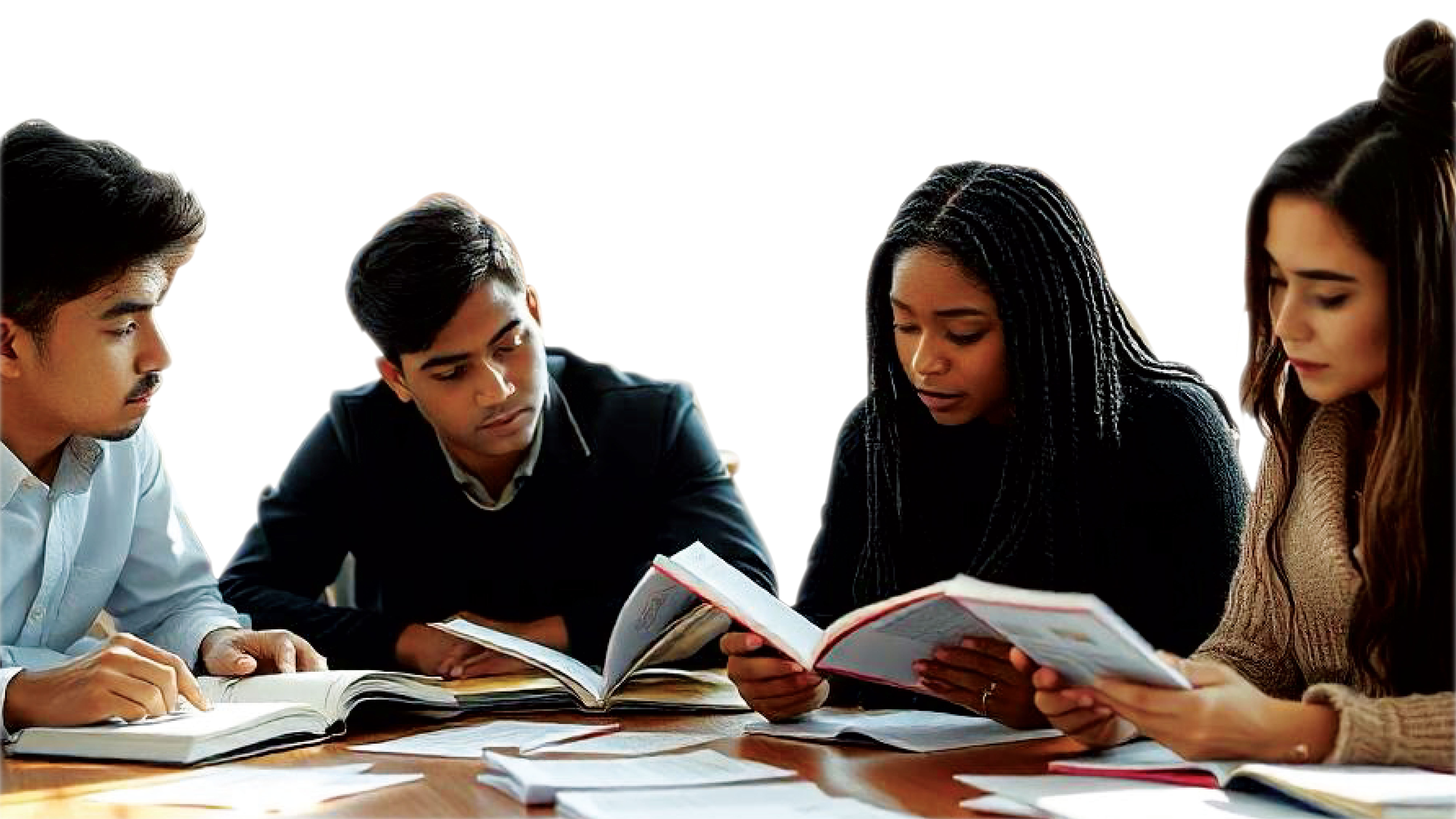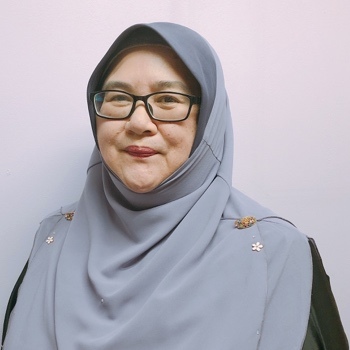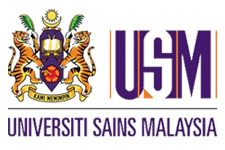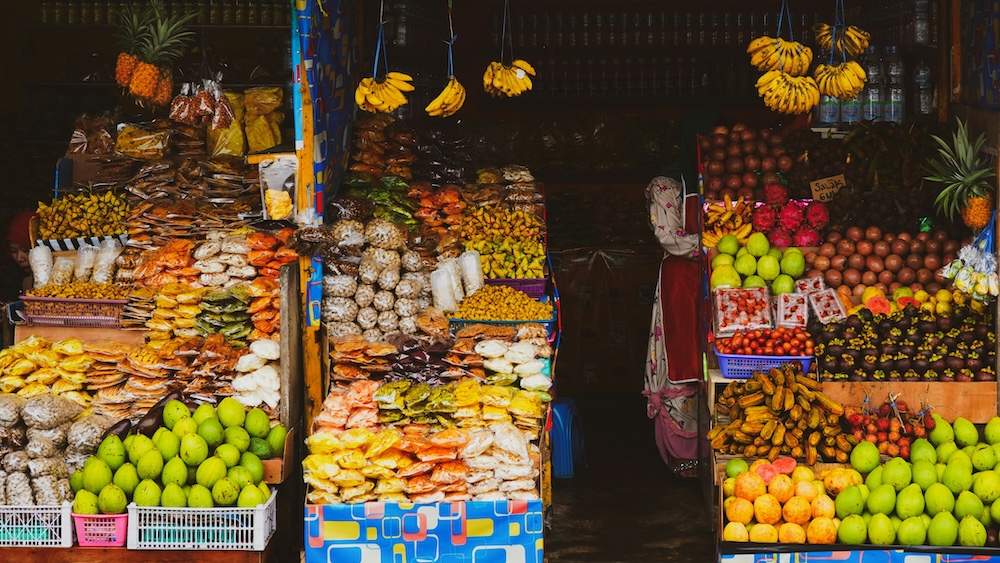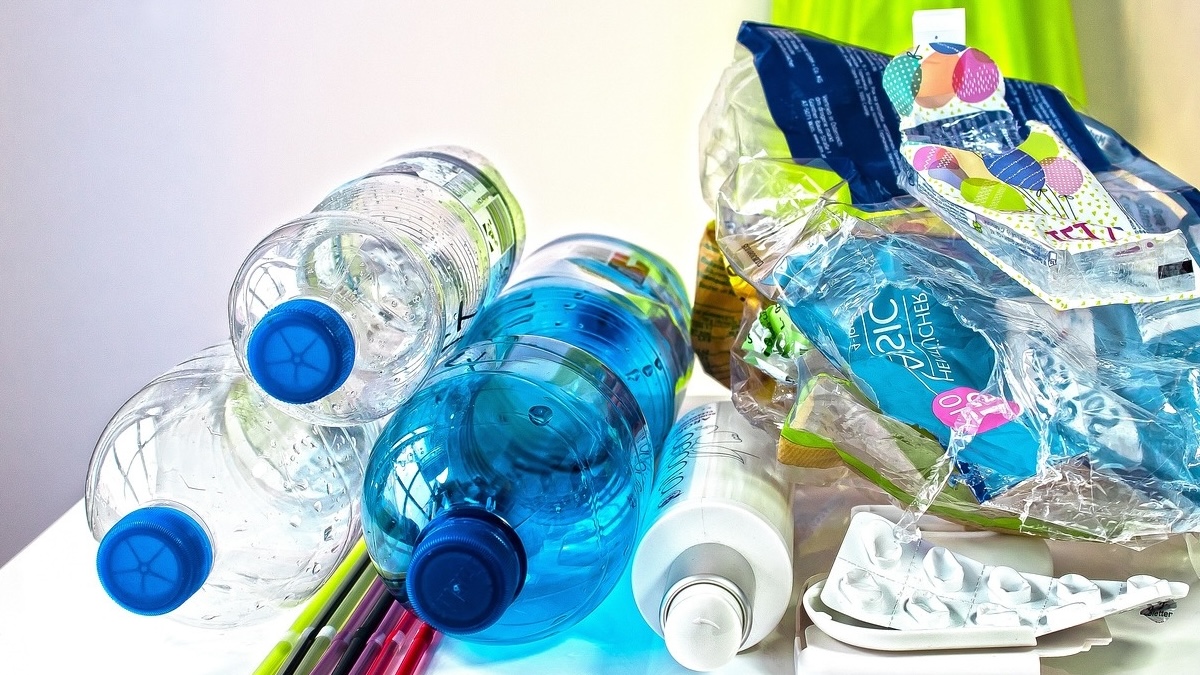This year Universiti Sains Malaysia (USM) celebrates its 50th anniversary since its inception. This month of March, 8th March to be exact, women around the world, including in Malaysia and USM celebrate the International Women’s Day/ Month. The International Women’s Day has been celebrated worldwide since the year 1911.
Since 1975, the year that was declared the International Women’s Year, the United Nations has celebrated the International Women’s Day (IWD) on 8th March every year. Malaysia first celebrated the IWD at national level in 2008. Malaysia also celebrates a National Women’s Day on the 25th August every year. The IWD is celebrated with varying themes every year. In the last two decades or so, themes have been suggested by at least two organisations: the internationalwomensday.com digital hub and the UN Women (and its predecessors). The themes provide the framework and direction for organising activities in conjunction with the celebration and reflect areas of work that are relevant and significant in advocating for gender parity and equality. This year, the theme proposed by the internationalwomensday.com is “#BalanceforBetter” while the UN Women presented a theme of “Think equal, build smart, innovate for change”. In USM, where IWD is celebrated for two weeks in March this year and in conjunction with USM’s 50th anniversary celebration, a combination of both themes have been chosen.
Both IWD themes call for steps that will transform society towards gender equality and social justice in specific communities and globally. Governments, businesses, organisations and individuals are encouraged to establish gender parity in different aspects of life where imbalances still exist (mostly, to the detriment of women), using smart, innovative means. Balance is a universal key to achieving optimal wellbeing. Achieving gender balance ensures that both women and men are able to live and enjoy their lives equitably and contribute towards a more sustained lives for generations to come. In 2015, the United Nations Member States adopted the 2030 Agenda for Sustainable Development (SD Agenda) and develop 17 Sustainable Development Goals (SDG) to be achieved by 2030. The SD Agenda argues that sustainable development can only be achieved if gender inequality and discrimination are eliminated because they hold women and girls back and deprives them of basic rights and opportunities. Thus, SDG 5 is specifically formulated to address gender inequality. However, other SDGs also contain targets that make gender equality a significant consideration in achieving them. In SDG 8, which, briefly, promotes sustainable economic growth through productive employment and decent work, gender parity in relation to equal pay for work of equal value is an important target.
Since Independence, Malaysia has not seen more than 14% women Members of Parliament while women in ministerial cabinet in the same timeframe has also not reached more than 15%.
Statistics and data have shown that there continue to be gender imbalances in the world in aspects such as economy, politics, health and even education. The family and community are also areas where gender imbalances persist. The World Economic Forum estimates that, based on the gender gap index data for 2018, gender balance or parity in the world can only be achieved in 108 years. According to the Global Gender Gap Index (GGGI) 2018, Malaysia has achieved its gender parity in terms of education attainment and health and survival indeces. For education, Malaysia joins 35 other countries to be at number 1, with zero gender gap. In the last five years or so, more than 60% of students in Malaysian public universities are female. In health, Malaysia has only 0.026 gap (1 = largest gap) to bridge to achieve gender equality. However, it has a lot more room for improvement in terms of economic participation and opportunity and political empowerment. Overall, Malaysia currently ranks 101 out of 149 countries in the GGGI achievement. Unfortunately, Malaysia also ranks last amongst the 10 ASEAN countries (all other ASEAN countries achieve ranks above 100).
Irina Bokova, a former Director-General (2009-2017) of UNESCO once said that women’s achievements in education should have a positive effect on other development indicators. However, in Malaysia, despite this achievement, the gender gap index (GGI) for economic participation and opportunity is at 0.656 (1= full equality, 0 = full inequality) and for political empowerment at 0.072. The female labour force participation rate for Malaysia is 54.7%. This means that only slightly more than half of Malaysian women are in the labour force compared to about 81% of men. This is despite women’s over-achievements in education. It should be noted that even though in practice,women and men generally receive equal pay for equal work, especially in the public sector, there is still a gap for the average monthly earnings between them. Malaysian women earn, on average, RM2400 per month while men earn RM2500 per month.
Since Independence, Malaysia has not seen more than 14% women Members of Parliament while women in ministerial cabinet in the same timeframe has also not reached more than 15%. Again, when compared to women’s achievements in education, these figures certainly lead to a conclusion of lack of gender balances in these areas.
A key action in responding to the call of #BalanceforBetter is to “better the balance”. We need to improve the situations of imbalances. “Think equal, build smart, innovate for change” are steps that can operationalise “bettering” the balance. “Think equal” directs our thinking towards analysing our decisions and actions so that, by design, we work towards a result that gives parity to women and men. This also means eliminating any biasness that we may have developed unconsciously, in our decisions and actions. Building infrastructures, environment and solutions that take into account gender-specific needs (particularly related to biology and difficult-to-change gender norms) may provide temporary and permanent special measures to achieve gender parity. In doing this, the use of innovative and creative means may generate the best change towards gender balance and equality. In explaining its IWD theme, the UN Women submits that innovative approaches that disrupt “business as usual” are central to removing structural barriers and ensuring that no woman and girl are left behind in accessing, claiming and enjoying their rights to development.
Because we ALL matter,
It lifts women from being the other,
To be an equal part of ‘together’,
And makes the world fairer and happier.”



